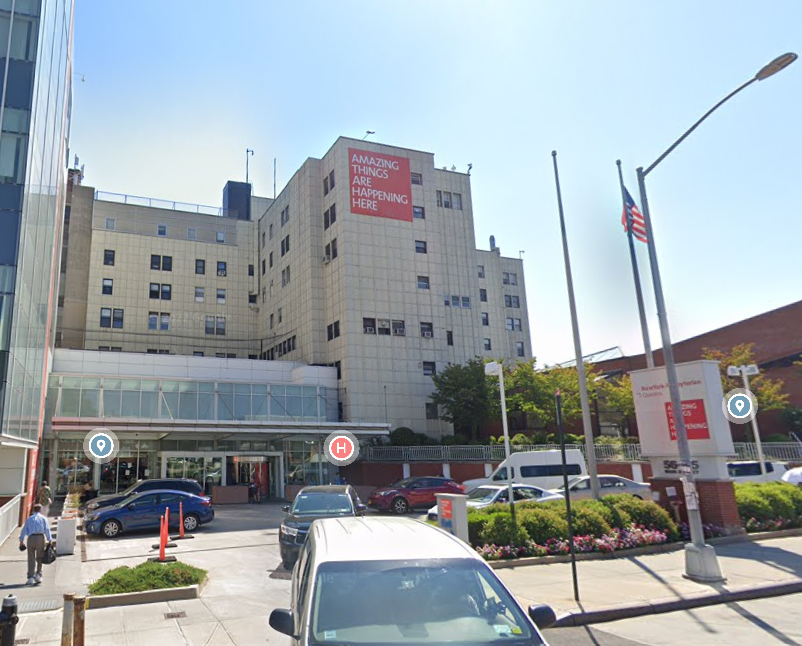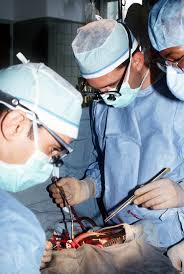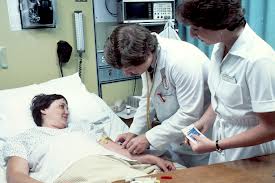 After a recent study pointed fingers at the mismanagement of medical device recall by the FDA (see previous blog), further investigations are confirming an outdated and broken system that leaves patients at risk of serious injury and death as unaware doctors continue to use defective devices on their patients.
After a recent study pointed fingers at the mismanagement of medical device recall by the FDA (see previous blog), further investigations are confirming an outdated and broken system that leaves patients at risk of serious injury and death as unaware doctors continue to use defective devices on their patients.
A recent example of this outdated process is the recall of a sleep apnea ventilator device manufactured by Philips. It is not clear so far as to when exactly, Philips executives found out that the foam used to dampen the noise of the machine was breaking down and could potentially be inhaled or ingested by patients, exposing them to carcinogenic or toxic effects. However, the company announced publicly, on April 26th, while reporting Q1 earnings that it was creating a provision of 250 million Euros to cover costs related to possible risks to users in some sleep and respiratory care machines. While the company had probably already identified that the defective devices were the ones manufactured between April 2007 and April 2021, it waited almost two other months to initiate a recall and warn consumers of potential carcinogenic and toxic effects. After the issuance of the recall, the FDA issued a safety communication on June 30. It took until July 22nd for the FDA to classify the recall as class I event and publish a public notification.
Does this mean that all patients have been contacted and had their ventilator changed? Not at all. In the actual process, the customers of the manufacturer, such as the hospitals, the providers, the retailers or the distributors are in charged of contacting the patients and they usually don’t do it. Instead, doctors wait for the patients to come in with symptoms.
 Our Medical Malpractice Lawyers Explain How Data Breaches and Cyberattacks Are Endangering Patient Care in 2025
Our Medical Malpractice Lawyers Explain How Data Breaches and Cyberattacks Are Endangering Patient Care in 2025 New York Personal Injury Attorneys Blog
New York Personal Injury Attorneys Blog









